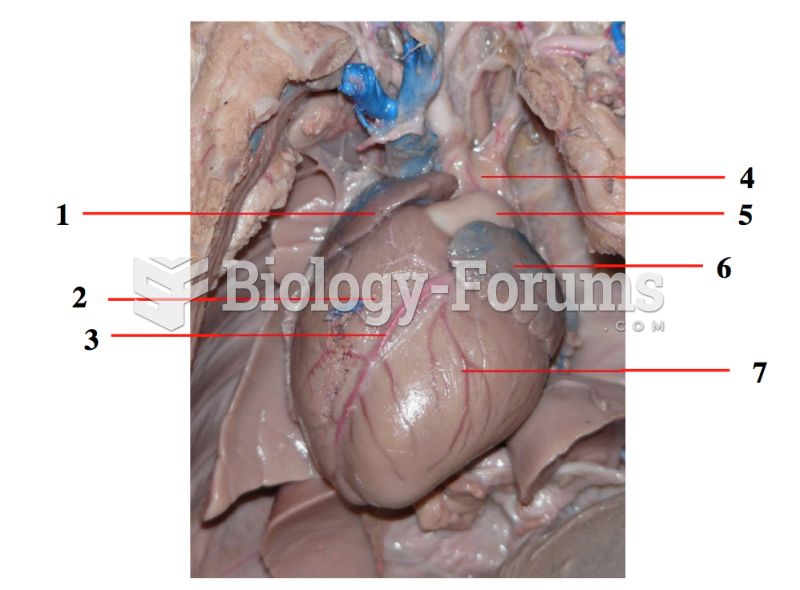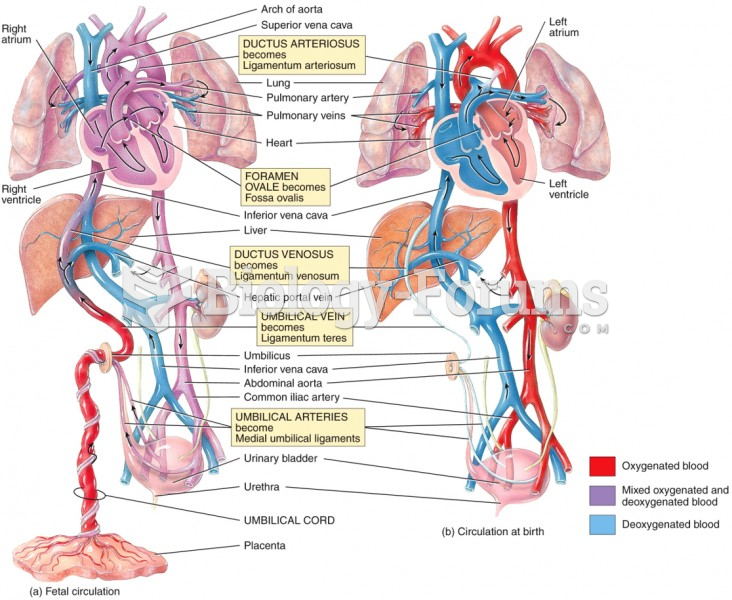Answer to Question 1
ANS: C
Jehovah's Witnesses do not accept blood products or their derivatives as part of their medical care. Because this woman is at high risk for a complicated pregnancy (another abruptio placentae) and hemorrhage, she should be advised to deliver in a tertiary care center that is prepared to manage catastrophic hemorrhage. The nurse should facilitate this discussion as part of providing holistic care. Asking the woman to reconsider (and go against her religious beliefs) is disrespectful. The nurse should document the information and inform the care provider, but this action in itself is incomplete. Telling the woman that a court can order her to have transfusions, although a true statement, is likely to be perceived as threatening and disrespectful, and certainly does not allow the nurse to provide care in a holistic manner.
Answer to Question 2
ANS: C
Women who present with third-trimester vaginal bleeding should be examined carefully for placenta previa or abruptio placentae. Bleeding accompanied by abdominal pain is the classic sign of placental abruption. Care includes obtaining maternal vital signs, assessing fetal heart rate, and starting an IV for fluid resuscitation or transfusion if needed. Blood work should be obtained for CBC, type and screen, coagulation studies, and a Kleihauer Betke determination, Betamethasone is given if delivery is not imminent. Continuous electronic fetal monitoring is the standard of care, and although the nurse should educate the patient on its use, this discussion does not take priority over obtaining diagnostic laboratory studies. An emergent delivery is a possible (not certain) outcome, but obtaining consent does not take priority over the diagnostic blood work.







